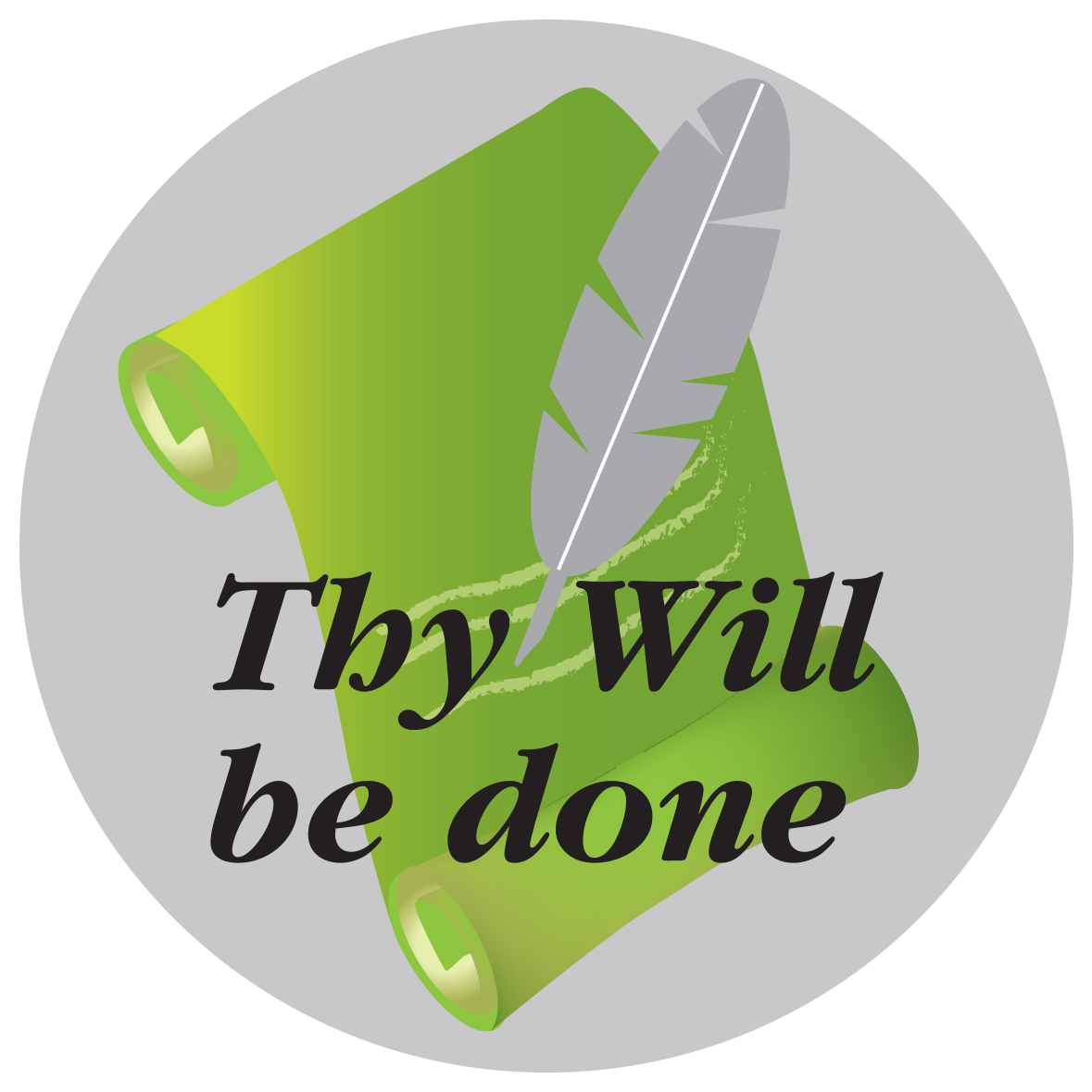Protection using Trusts
Marriage after Death
The issue
You die, your partner/spouse now owns the property you shared becuase you either owned it jointly and they inherited it automatically or you gifted it to them under your will (if you owned it solely or as tennats in common for example).
After your death they eventually enter into a new relationship and subsequently get married.
They then die themselves or divorce.
A significant % of their estate potentially then passes to the new spouse.
A large part of your children’s inheritance is now destined to go to the Will beneficiaries of your current partner’s new spouse.
The reality
This is not something most people wish to consider. As a result, this is all too often a stark reality for many children whose surviving parent remarried and subsequently died (or divorced where 50% of the property could be at risk).
The solution as a couple
Sever the tenancy on the property and set up two Property Probate Trusts.
If the surviving spouse then remarries and dies, the Trust protects the first partner’s portion of the property from being lost to the new spouse of the surviving partner. The new spouse would then only inherit that which the surviving spouse from the first relationship had specifically gifted to them in their Will. The children of the first relationship will then have their inheritance intact, as would have been the desire of the first spouse prior to their death.
Other assets can be protected in exactly the same way by setting up stand alone trusts although caution should be exercised when considering appointing anything other than the home you live in (your domecile) or life inurance into trust as there could be potential capital gains tax, income tax issues and periodic charges that will need to be taken into account
The solution as a single person
Set up a Property Probate Trust and convey your property into it.
If you then subsequently marry and die before your new spouse, or even divorce further down the line, your property is 100% protected and cannot be lost through death or taken into consideration in any divorce proceedings. It has to go to your chosen beneficiaries when you die.
Inheritance tax
If protective loan notes are used when appointing assets from a trust to a beneficiary, any asset inherited within a Trust will not in itself create an inheritance tax liability on the estate of the individual that inherits it.
Even though inheritance tax may be payable on your own estate when you die, choosing to leave your assets to your children via a Trust can protect future generations up to 125 years into the future.
Divorce
Any asset inherited within a Trust will not be considered in any divorce proceedings that the individual who inherited may find themselves involved in.
Bankruptcy
As with divorce, most assets inherited within a Trust cannot be considered for seizure should the individual find themselves facing bankruptcy proceedings at any point after inheritance.
Disabled Beneficiaries
Where a dependant is disabled, appointing assets from a Will into a Trust of which they are a potential Beneficiary, not only ensures that their inheritance will be well managed on their behalf by the Trustee(s), but also ensures in many cases that any benefits or local authority funding entitlements will not be affected or taken away, as they would be if the Beneficiary received an inheritance absolutely in their own name.
Vulnerable, wayward or alcohol/drug dependant relatives
In much the same way as Trusts can protect the interests of disabled Beneficiaries, they can also be used to help manage the distribution of assets to individuals for whom it would not be prudent to allow unfettered access. This could be because they might be at risk of manipulation if they inherited directly, or might be likely to squander it, or even be at risk of killing themselves if addicted to alcohol or substance abuse. By providing for them via a Trust, it ensures that their wellbeing can be catered for without increasing any risks that would otherwise happen if they inherited absolutely in their own name. If they are not entitled absolutely to any income, then this can also prevent the loss of benefits or local authority funding entitlements.
Related Articles
Please click here to view all our Special Offers
